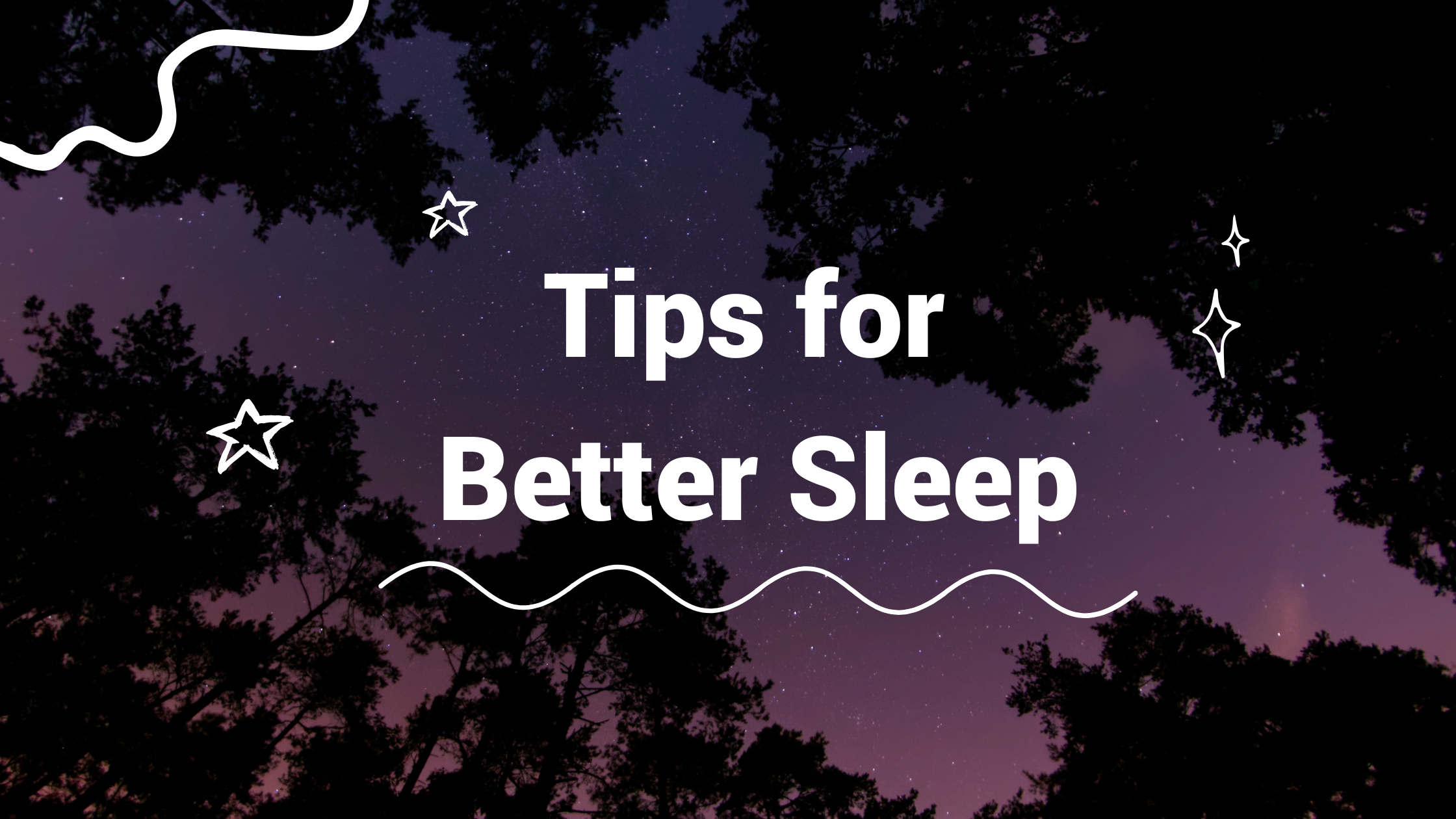
Tips for Better Sleep
It’s time to Fall Back! Daylight Saving Time began way back in March and officially ended on November 8. That meant we all got to snooze for an extra hour, which always feels great in the moment. However, that extra hour of sleep chops and screws our circadian rhythm more than a cloud rap DJ. As a result, it can wreak havoc on our sleep schedule. Fortunately, we can use a few solutions to counterbalance these effects. We’ll look at tips for improving your sleep hygiene around Daylight Saving Time in this post.
How Does Daylight Saving Time Affect Our Sleep?
In most of the continental US, we set our clocks forward by an hour from March to November for Daylight Saving Time (DST). Since 1966, our clocks either jumped from 2:00 AM to 3:00 AM or from 2:00 AM to 1:00 AM. The theory behind DST is to maximize the number of daylight hours we get in the evening, since the sun rises earlier in the morning during these months.
Problems with DST
On the surface, DST seems simple and efficient. But in recent years, researchers have seen some troubling changes as our bodies respond to our new sleep schedules. On a biological level, researchers have seen that DST can contribute to heart problems, according to the Sleep Foundation. There are psychological issues associated with DST too. Car accidents spike when we change our clocks, and mood disorders rear their ugly heads, too. There are even increased incidences of suicide around DST.
Insomnia and Sleep Debt
This all seems to revolve around sleep disturbances. Two main issues surround DST: insomnia and sleep debt. Insomnia is a pretty obvious problem and results from being unable to fall asleep or sleep through the night. There’s also a more insidious problem known as sleep debt that DST can often trigger. This problem occurs when someone’s lack of sleep builds up over time and can lead to various problems like microsleeps. These episodes are essentially tiny naps that you can’t resist, and they can last between less than a second and up to 30 seconds. They’re particularly dangerous if they occur while you’re driving.
How to Sleep Better: Improve Sleep Hygiene with These Tips
You don’t need to take the problems that come with DST lying down. Instead, you can take some active measures to improve your sleep hygiene. This term refers to techniques you can practice to improve your overall circadian rhythm. Here are a few places to start.
Follow a Consistent Sleep Schedule
One of the most important aspects of maintaining good hygiene is setting a sleep schedule. This means going to bed at the same time every night and waking up at the same time every morning. This can get difficult, though, when the time changes during your sleep cycle. Consider going to bed an hour early when the clocks “fall back.” That way, you can still sleep for the same number of hours and wake up normally.
Manage Blue Light Exposure
One of the ways that our bodies manage our circadian rhythm is by synching up with blue light exposure. When we absorb blue light through our eyes, our bodies kick into “awake” mode. Likewise, blue light deprivation can help make us sleepy. Our bodies have evolved to react to this stimulus over millions of years.
However, we can get blue light from more than just the sun – particularly electronic devices. As a result, it’s a good idea to try and restrict device use before bed. What’s more, spend some time outside in the morning to expose yourself to blue light from the sun. This will help your body “boot up” and start running for the rest of the day.
Try Plant Molecules
Insomnia is one of the biggest problems facing us when the clocks change. Sometimes, even the most disciplined sleep hygiene disciple can’t doze off at night. If you’ve tried everything and still can’t find rest, certain plant molecules could offer a natural solution.
Our blog posts cover how plants can help improve sleep at length. Research seems to have confirmed that these beneficial compounds can help those with insomnia fall asleep faster and stay asleep through the night. That makes it a potent tool for maintaining sleep hygiene during the DST season.
However, there isn’t just one of these molecules that can make you sleepy. A minor plant molecule may also play a part in sleep cycles. Research has shown that these plant compounds can help combat insomnia.
Here’s the kicker: you may actually be able to combine these two to potentiate their powers. Scientists have discovered a phenomenon known as the “Entourage Effect” that shows the effects of plant compounds becoming more powerful when combined.
Stock Up on Plant Products for Daylight Savings Time with Relive Everyday
If you’re interested in trying plant extracts to make sure you don’t fall too far behind this year, Relieve Everyday can help. We’ve formulated an entire line of gummies and oils infused with broad-spectrum oil to capture the power this plant. These are the perfect way to help ease your body into the new post-DST world. To learn more, check out our REM Series of plant-infused products. And as always, you can check out all of our products in our online store to see how plant extracts could help with a slew of other problems. Good luck out there!